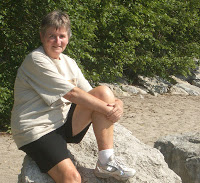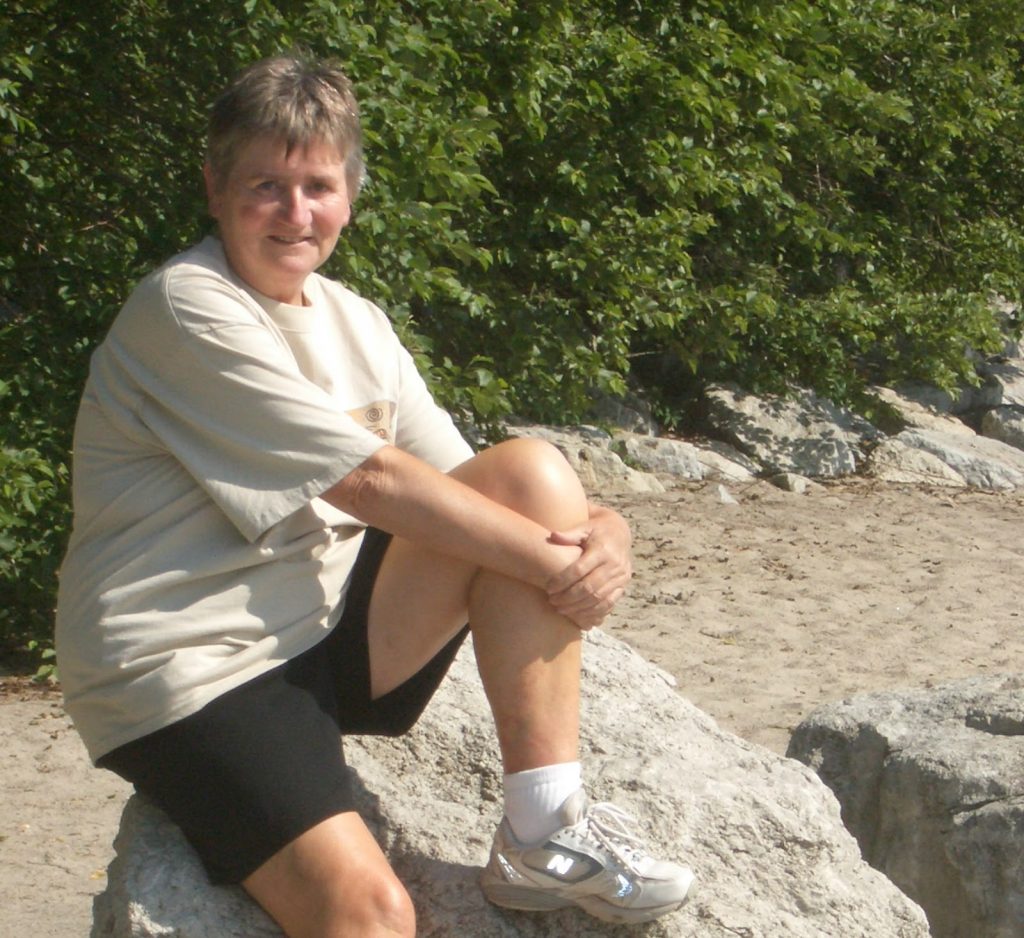It was October 20th 1964 when I arrived at the door of the YWCA.
My friends and I were delivered there, so my diary tells me, by a very chatty driver of a huge orange and yellow taxi. We did not, my past self informs my present self, understand a single word he said the entire way from the pier where the Queen Elizabeth liner had docked that morning, to the ‘Y’ in mid-town Manhattan. I knew at that moment exactly what Sir Winston Churchill meant when he said that Britain and the U.S. were two countries divided by a common language.
My tattered old diary pages tell me little of the ‘Y’ itself – I record the address at 610 Lexington Avenue, and dismiss it as ‘dark, dirty and dingy’. In the event, we stayed there for only five nights. Immediately we all had jobs, we rented a cramped furnished apartment at 161 Madison Avenue. I say little of this place in my diary; I imagine I was suppressing it. As I recall, it well surpassed the ‘Y’ for dark, dirty and dingy. From this apartment we began the daily grind of American everyday life. But the first four days I spent in this country, wandering out in ever expanding circles from the ‘Y’ to explore my new country, everything was as exotic and constantly astonishing to me as if I had landed on mars.
I had rarely experienced central heating constantly blasting into every nook and cranny. The buildings all seemed dreadfully overheated and stuffy, to me. The UK was then, and to a large extent still is, a country of open windows no matter the weather. I found so many permanently closed, and in fact physically un-openable, windows to be very claustrophobic. The next weekend, when we went looking for somewhere to rent, one of the few pre-requisites we all agreed on was – windows that can be opened. That one thing considerable narrowed our choices.
Food was a source of never-ending amazement. On the first night, wandering around Washington Square with four young men we had met on the ship, we stumbled upon a dark, airless, overheated little cafe where they served one item. Steak and baked potato for one dollar. With a Ballentine’s beer, $1.25. No variations, no additions. It was smoky and loud. The tables were sticky. Who cared?? Non of us, all from Britain, had eaten much steak; two of the men, and I, had never had it. The man at the counter asked, we gathered after his third attempt, if we wanted medium or rare. We hadn’t a clue what that meant. Honestly, talk about ‘right off a da boat’!
In our homes you got whatever it was as it came. On the rare occasions we had eaten out, fish of various kinds took up most of the menu. Mutton and pork was sometimes available, with no choice of how it was cooked, roast beef possibly, especially for the Grand Occasion of Sunday Lunch, but steak was available only to the rich. And here it was, before our very eyes and almost in our hungry mouths, for a dollar. We ate there every night until we all had jobs, and quite often after that.
Another huge surprise was coffee shops. By that time we had them in Britain; for some reason they were mostly Italian and they all served what these days we would probably call lattes, with little consideration for anyone who might prefer their coffee black. If you wanted your cup refilled, you paid the same again. Small sidewalk coffee shops abounded in Manhattan. For a nickel you got a cup of black coffee; indeed a bottomless cup, as some almost disembodied hand kept re-filling it. It came with a little glass milk-bottle-shaped container of cream, languishing in the saucer. Cups, even those which were vaguely more mug-shaped, still came with saucers in those days.
So, we discovered, we could satisfy our hunger for $1.30 a day: endless cups of coffee in the morning, skip lunch, steak and potato and a beer for dinner.
But, when we ranged a little further afield on our third day, we found the most incredible gastronomic emporium yet – the Horn and Hardart Automat. None of us had conceived of such an establishment in our wildest dreams. We watched, silently, as by then we had learned to do, to avoid the fools rushing in mode of operation. Perhaps some of you remember these places, the last one of which closed down in 1991, Wikipedia informs me. This one was one big room with small tables with chairs, and a long counter with stools. The walls seemed to be made of many many little glass panels. Behind each pane was displayed an item of pecuniary delight: slices of pie, sandwiches, cookies, cold cuts, salads, cheese, cooked meats and vegetables. Cafeterias I was very familiar with, but not of this style. First you exchanged your cash for Horn and Hardart tokens, small brass objects with H & H stamped on them, to insert in the required slots. Many doors opened at the drop of a nickel or dime, some more luxurious items required a quarter. We loved it! The surroundings were insalubrious, to say the least, but there were many choices available and you could eat well, if plainly, for less than a buck. And we were broke. We alternated the Automat and the $1.25 steak and potato for a week or two – at least until our first paychecks.
Out of curiosity, while writing this, I googled my first two addresses on American soil. I couldn’t find out much about that particular YWCA, but it is still at the same address. In the only street-view photo I could find, it still looks dark, dirty, and dingy! The old Warrington Hotel, however, at 161 Madison Avenue, appears to be significantly gentrified. It now appears to be a mix of small businesses and medical offices. The only one I could find for sale is 1200 square feet and described as a ‘medical business condo’ for lease Monday – Friday at $8000/month.
I’m assuming it becomes an ‘airbnb’ or something similar on weekends. I did not record the size of our apartment there, but I wrote that it had a kitchen, dining room and two bedrooms. We paid $178/month. For the extra $7,822, without weekends, I hope it’s a whole lot less dark, dirty, and dingy now!
© June 2016
About the Author
I was born and raised in England. After graduation from college there, I moved to the U.S. and, having discovered Colorado, never left. I have lived in the Denver-Boulder area since 1965, working for 30 years at IBM. I married, raised four stepchildren, then got divorced after finally, in my forties, accepting myself as a lesbian. I have been with my wonderful partner Betsy for thirty years. We have been married since 2013.



